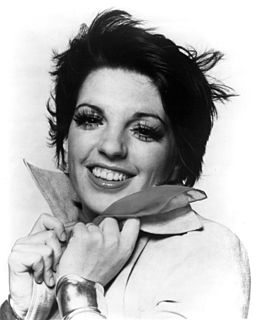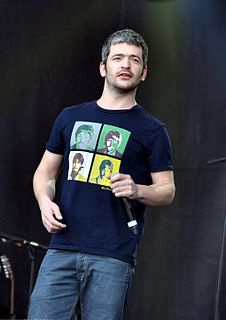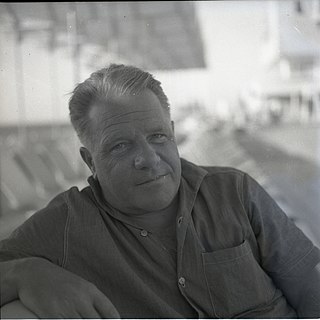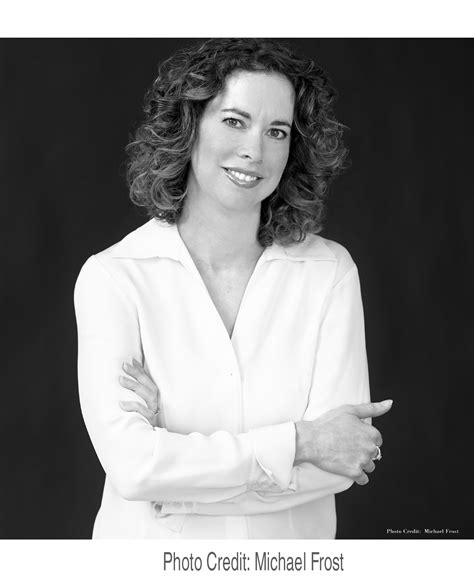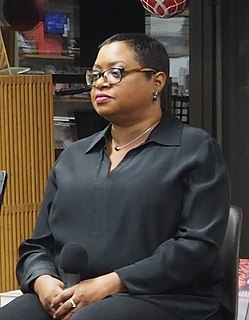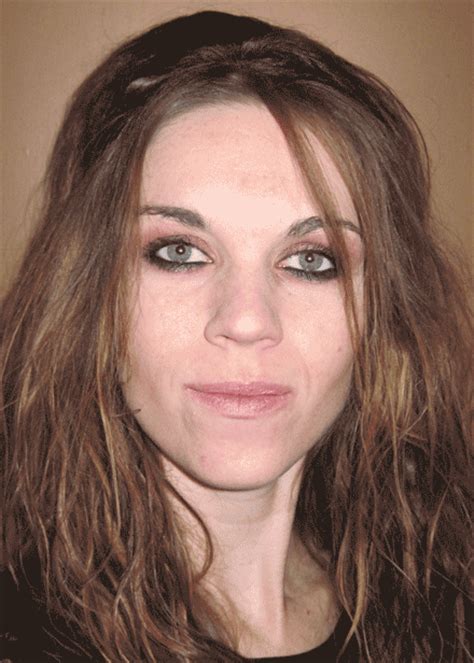A Quote by Audrey Niffenegger
Martin said, "It feels as though part of my self has detached and gone to Amsterdam, where it—she—is waiting for me. Do you know about phantom-limb syndrome?" Julia nodded. "There's pain where she ought to be. It's feeding the other pain, the thing that makes me wash and count and all that. So her absence is stopping me from going to find her. Do you see?
Related Quotes
(on Marilyn Monroe) I was walking down Broadway with her and nobody was stopping us. She was going to (Stella Adler's) actors' studio, and she was taking me to show me what it was all about. And I said to her: "How come nobody is taking your picture?" She said: "Well, watch." She took her scarf off, straightened her shoulders, and draped something another way, and we were surrounded. It must have been 400 people. And I said: "Now I know why!"
She expected the pain, when it came. But she gasped at its sharpness; it was not like any pain she had felt before. He kissed her and slowed and would have stopped. But she laughed, and said that this one time she would consent to hurt, and bleed, at his touch. He smiled into her neck and kissed her again and she moved with him through the pain. The pain became a warmth that grew. Grew, and stopped her breath. And took her breath and her pain and her mind away from her body, so that there was nothing but her body and his body and the light and fire they made together.
It's remarkable she [Venus Williams] plays at all, given her Sjögren's syndrome [an autoimmune disorder that can cause joint pain]. She's back, winning tournaments. She didn't allow society to tell her, "You have this disease; you can't do that anymore." I look at her, like, "She's not playing at 100 percent. You are. You don't have excuses." Knowing what she went through helped me try to be a more positive person.
Well, she's so alive, Julia Child. And Margaret is so - is so designed. She's so intent upon making her point. That's the most important thing, is that she win the argument, and there is nothing that stands in the way of that train, you know. But Julia's just alive in front of you. That's part of why people loved her. They lived it with her. They breathed it with her. And the mistakes were all part of it.
At 19, if a woman said no, no meant no. If she didn't say anything and she was open, and she was down, it was like how far can I go? If I touch her breast and she's down for me to touch her breast, cool. If I touch her lower, and she's down and she's not stopping me, cool. I'm going to kiss her or whatever. It was simply if a woman said no or pushed you away that was non-consent.
There's unconditional love there. You hear that phrase a lot but it's real with me and her [June Carter]. She loves me in spite of everything, in spite of myself. She has saved my life more than once. She's always been there with her love, and it has certainly made me forget the pain for a long time, many times. When it gets dark and everybody's gone home and the lights are turned off, it's just me and her.
I have a friend, a pastor, who applied with me and 419 other people for 25 seats on a special advisory board. Though I believed she was infinitely more qualified than me, she wasn't selected and I was. When I saw her at her church weeks later, I asked her how she felt about the decision. While disappointment, self-doubt and defeat would have been normal reactions to the Board's decision, my friend said she felt great. 'How come?' I asked. She said with a smile, 'I just figured God had something better in store for me.'
...This fear was unbearable. It unwrapped who she was, as neatly as he'd unwound her bandage, leaving too much pain and ugliness exposed. Nerve endings; he'd said they were the problem [causing phantom pain in the amputated limb]." Things that cut off, that ended abruptly or died--like parents and marriages--kept hurting forever.
My mother’s been living alone for over ten years. She gets up at six every morning. She makes herself a coffee. She waters her plants. She listens to the news on the radio. She drinks her coffee. She has a quick wash. An hour later, at seven, her day is over. Two months ago a neighbour told her about your blog, and she asked me to buy her one of those thingummyjigs – by a thingummyjig she meant a computer. And since then, thanks to your trimmings, your ribbon bows, your tie-backs for curtains, she’s rediscovered the joys of life. So don’t tell me you don’t know any answers.
"Grace," I said, my vision swirling now because of her blood smeared across my wrists, "Can you hear me?" She nodded then stumbled to her knees. I knelt beside her; her eyes were huge and afraid and my heart was breaking. "I'll come find you, I said. "I promise I'll come find you. Don't forget me. Don't-don't lose yourself."
"She (Minnie Ruth Solomon) was unusual because even though I knew her family was as poor as ours, nothing she said or did seemed touched by that. Or by prejudice. Or by anything the world said or did. It was as if she had something inside her that somehow made all that not count. I fell in love with her some the first time we ever talked, and a little bit more every time after that until I thought I couldn't love her more than I did. And when I felt that way, I asked her to marry me . . . and she said she would."
At first, it feels as if she has vanished forever, and all traces are destroyed. But later, when the pain of loss doesn't overwhelm all your other feelings, every time you think of her, or hear her voice in your head, or remember a happy time together, you realize she's still a part of you and will never be totally gone.
When I looked at [Fannie Lou] Hamer and that speech it seemed to me that she had to be the bravest woman ever, to come before that body and to assert her rights, when she knew that she was going lose that battle. But she did it anyway, because she knew she was speaking not just for herself and for that day, but for me, and for all the other young women who were coming behind her. She didn't know our names, but she was working for us. I find that incredibly empowering.

